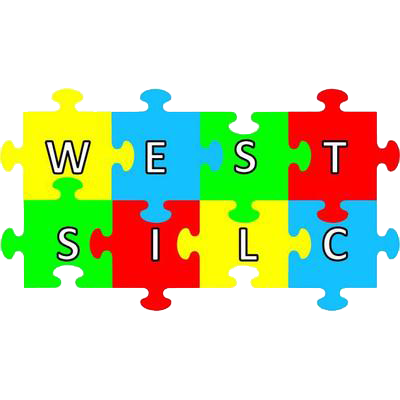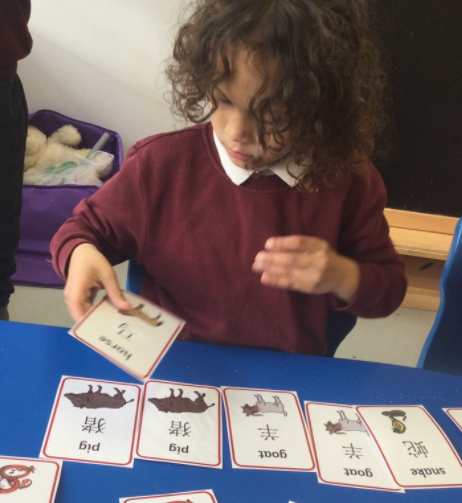
ENGLISH
ENGLISH AT WEST SILC
English at West SILC is built around developing communication, reading and writing in highly personalised ways that reflect the diverse needs of learners. Communication underpins everything, with all pathways using a Total Communication approach that includes speech, AAC, signing, symbols, sensory communication and Intensive Interaction. In our early developmental pathways (Explore, Engage, Aspire), English is not taught as a discrete subject; instead, language and early literacy are developed through play, sensory exploration and meaningful interactions. In Connect and Climb, English becomes more structured, using approaches such as Read Write Inc phonics, Talk for Writing and functional communication activities to build reading, writing and spoken language skills. In Elevate, WAIP and Post-16, English is taught as a timetabled subject following differentiated mainstream or functional curricula, with opportunities for accreditation such as Entry Level, Functional Skills and GCSE. Across all pathways, the focus remains on enabling every learner to be a confident, effective communicator equipped with the literacy skills they need for life.




